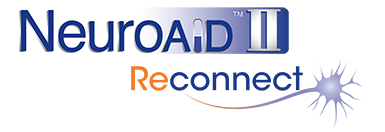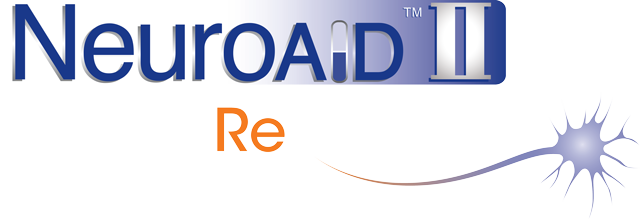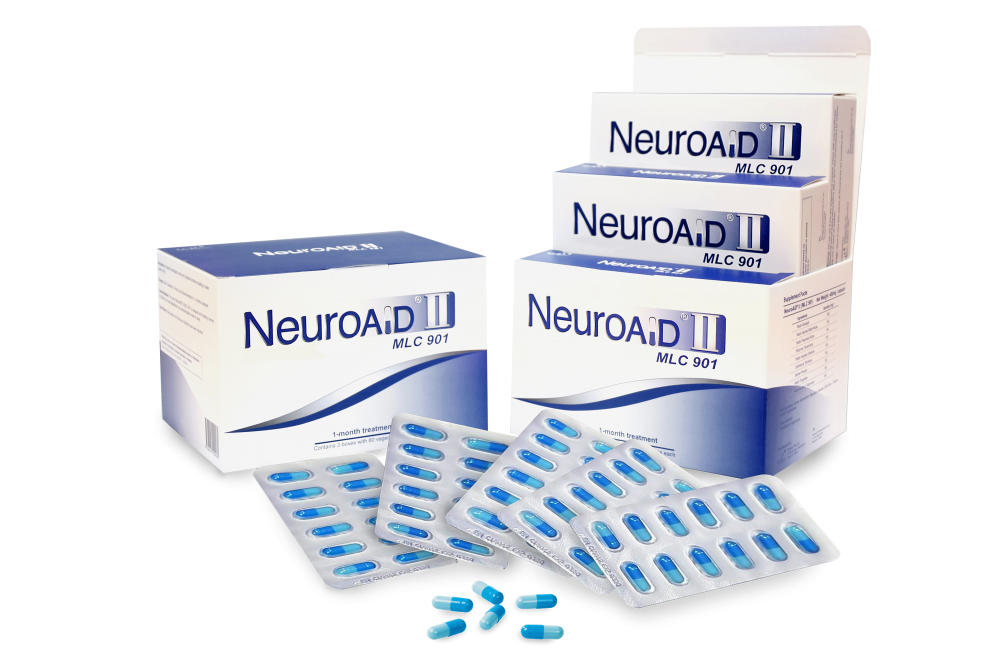The safety profile of NeuroAiD is now well established. All clinical studies have reported NeuroAiD as a safe product, without severe adverse events and with only rare and transitory gastro-intestinal discomfort (e.g., nausea, vomiting) in subjects with sensitive digestive transit.
NeuroAiD has no impact on hepatic and renal functions, cardiovascular parameters, and other biological parameters1,2
NeuroAiD is not competing nor interacting with other medications. It can be safely combined to usual post-stroke medications or post-traumatic brain injury medications, and can also be added to other therapeutic products1,3.
No increase in the rates of delayed adverse events have been reported up to 2 years following a 3-month course with NeuroAiD4,5.




